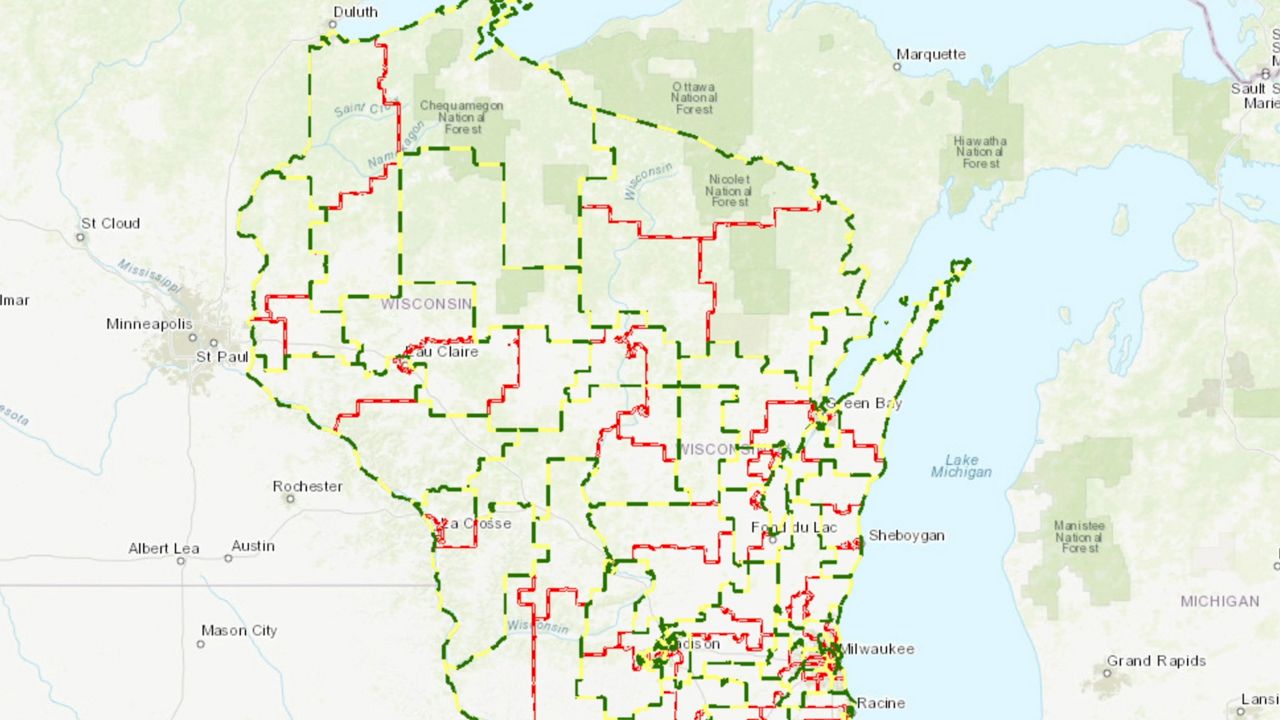MADISON, Wis. – The Wisconsin Supreme Court focused on redistricting Thursday as it considered whether or not to approve a Republican-backed rule, which would fast-track legal challenges to newly drawn legislative maps by having cases start with the state Supreme Court instead of lower courts.
Justices seemed skeptical about the proposal, raising questions about whether such a rule is necessary considering the court can already take a redistricting case directly, bypassing lower courts, if it chooses to. Chief Justice Patience Roggensack also questioned a part of the rule which would allow the Supreme Court to draw maps.
“We determine cases and controversies that are brought to us by someone else, so this rule makes the court proactive,” Roggensack said. “That's just not how we operate.”
Wisconsin Institute for Law and Liberty (WILL) attorney Rick Esenberg said the court would not be drawing maps, rather reacting to the ones drawn by the Legislature.
“Under this rule, the court cannot announce that it is now about to involve itself in the redistricting process,” Essenberg said. “Someone has to come to this court and allege that the existing maps are unconstitutional.”
The rule is being proposed by former Assembly Speaker Scott Jensen, who is represented by WILL. Jensen said the change would make sure state courts resolve disputes instead of federal ones.
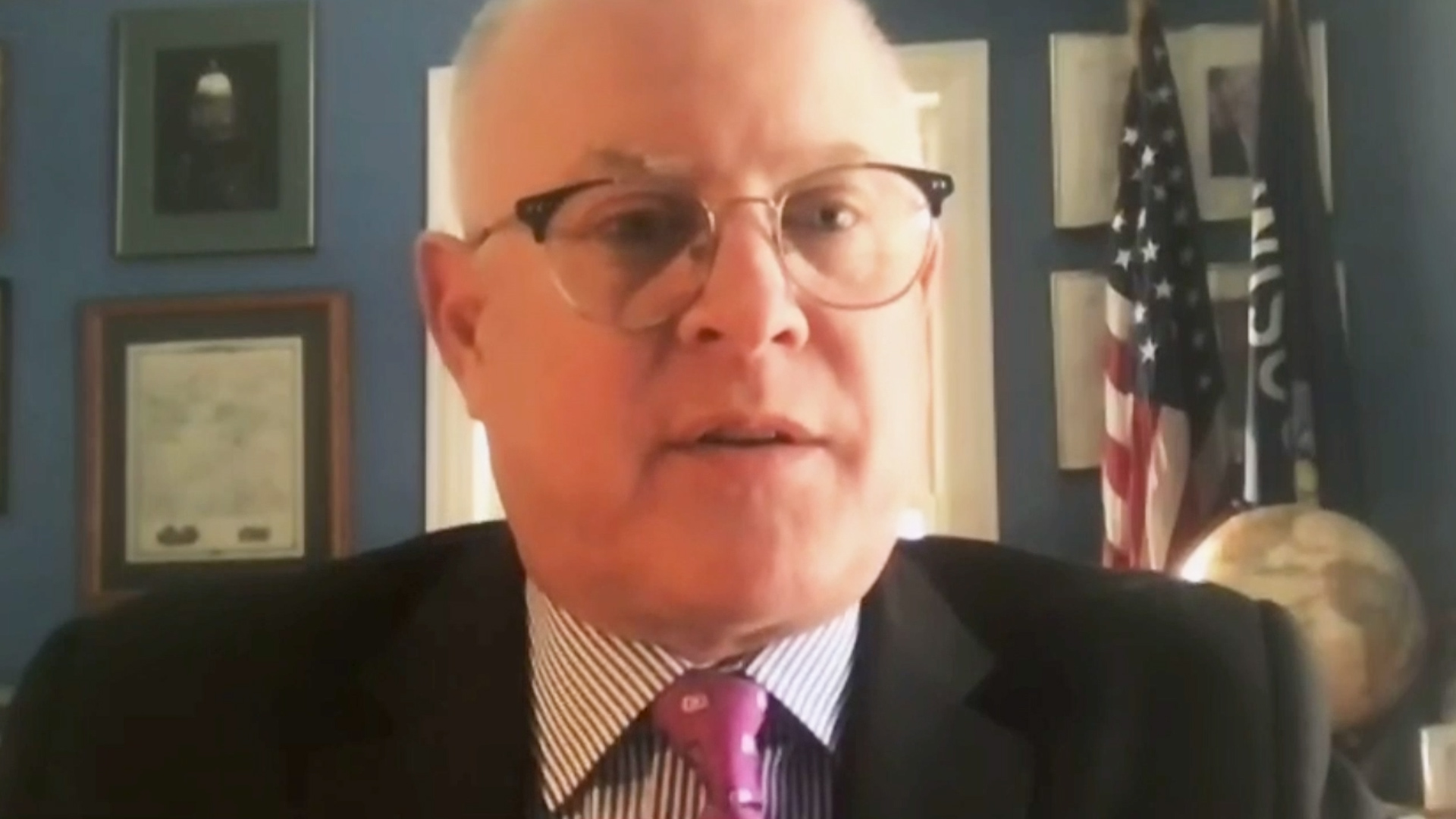
“The government is divided,” Jensen said. “It is unlikely they're gonna agree on what a map would look like, and it's going to end up in a court. So the question is: will it be in the state courts or the federal courts? And, if it's going to be in the state courts, this court said in 2002, that you needed to have established a rule for handling those matters.”
The Republican-controlled Legislature will draw maps this summer, but they have to be approved by Democratic Gov. Tony Evers to become law.
During his State of the State address this week, the governor double-downed on a pledge to let the people decide what legislative districts look like.
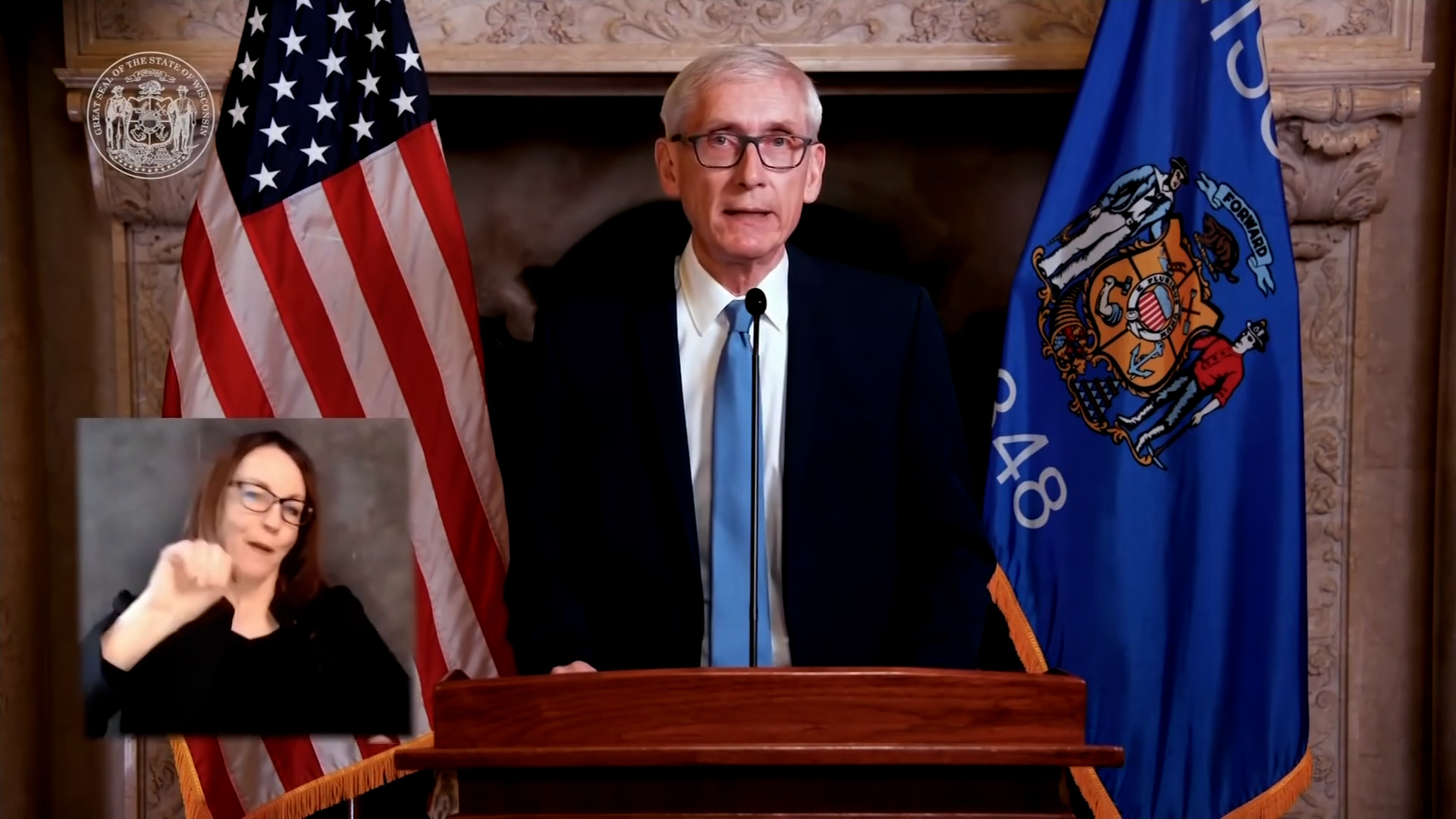
“My biennial budget is going to make sure that the Legislature draws our maps in the light of day, in the public eye, and with public input by requiring public meetings for the map-drawing process,” Gov. Evers said.
Republican leaders, who were quick to react, said policy items, which have nothing to do with money, don't belong in the state budget.
“Nothing for redistricting belongs in the state budget,” State Sen. Chris Kapenga (R-Delafield) said. “That can be a separate conversation. The Legislature is going to work hard to follow the constitutional process that's in place, which is drawn by the people through their elected representatives in the Legislature.”
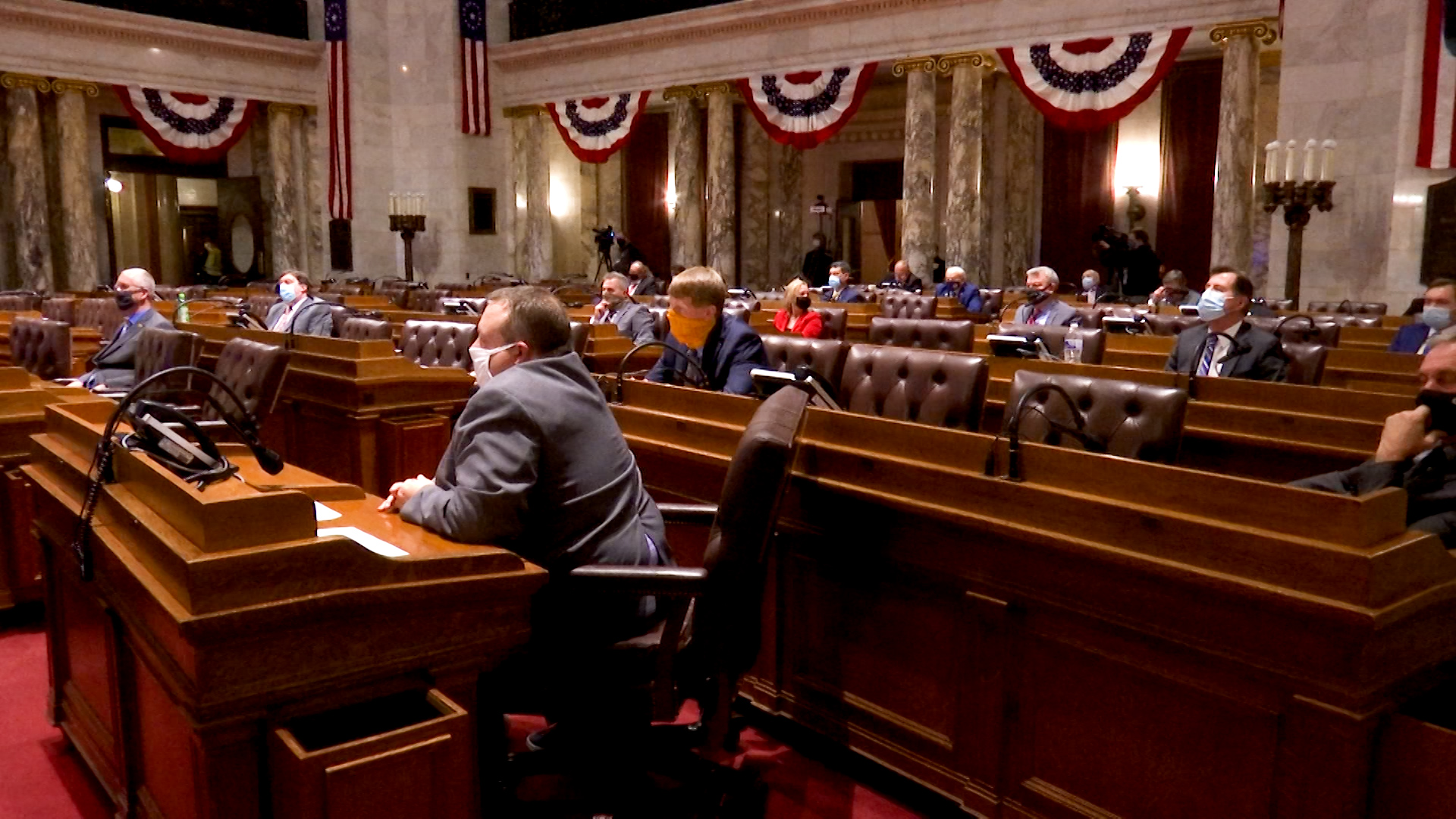
Every 10 years, after the census, the Legislature draws new political maps for State Assembly and Senate, as well as congressional districts.
UW-Madison Political Science Prof. David Canon said the problem with Wisconsin's process is it's self-serving, which might explain why the governor wants to make it a part of his budget.
“If we are going to be spending tens of millions of dollars on lawyers fees like we do always do every 10 years, the taxpayers have a right to know how that money is being spent,” Canon said.
Unlike in 2011, when the maps were last drawn, there is now a Democratic governor who can veto whatever Republican lawmakers come up with. During an interview last month, Gov. Evers himself acknowledged a legal battle is looming.
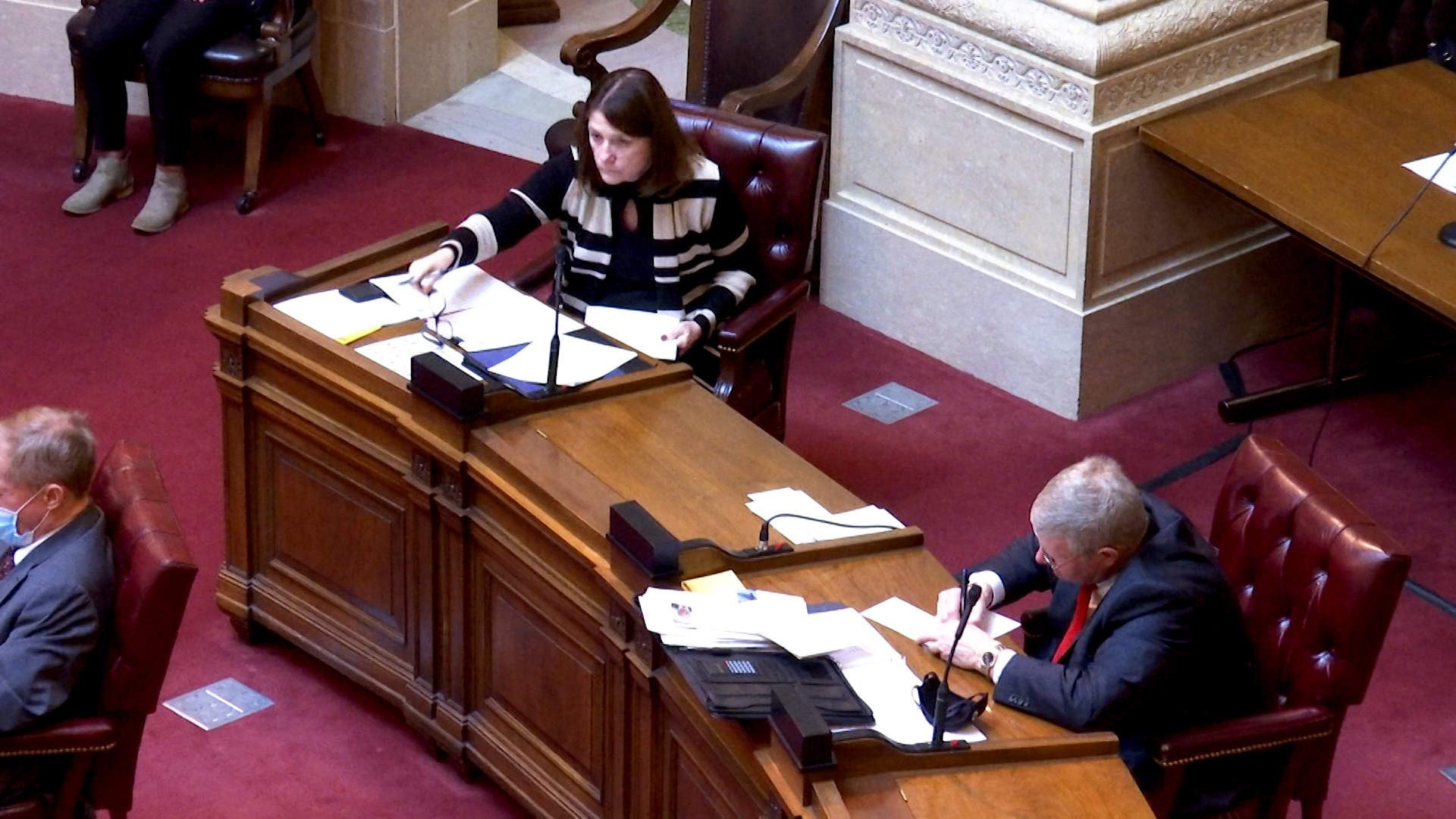
“It'll probably have to happen via a court battle, I'm sure,” Gov. Evers said. “I don't anticipate that once I veto the maps that the Republicans will put in front of me, which I think will look very similar to the ones now, I'll veto that and it'll end up in court someplace.”
During last year's State of the State address, Gov. Evers announced the creation of the 'People's Maps Commission' to draw impartial maps based on the 2020 census.
Republicans in the Legislature have said they would ignore any maps created by that commission.
Opponents of the rule under consideration Thursday worry the change would benefit Republicans because cases wouldn't have to go through lower fact-finding courts and because the Conservative-controlled state Supreme Court would automatically take cases directly.
“Even if my side, the Republicans, are winning, I am being harmed,” Lena Eng, a citizen who spoke during Thursday's public hearing, said. “Not only are important issues, like affordable health care, not getting solved but the gridlock, the distrust, the vilification, are contributing to the serious mental health and fiscal crisis for millions of Americans, including within my own family.”
The Supreme Court will discuss the rule in private and issue a decision at a later date.



